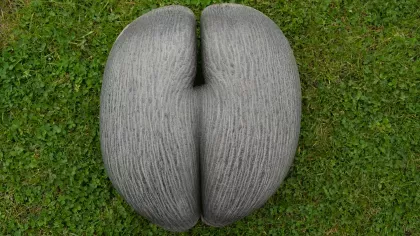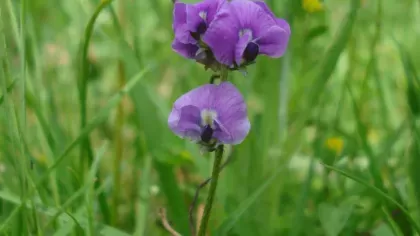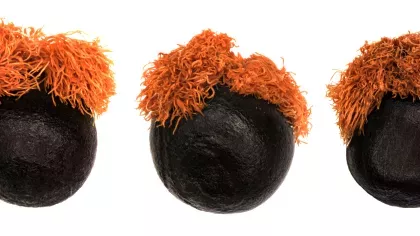23 June 2021
Rising from the ashes: the South African phoenix seeds
New research highlights how a unique group of South African species relies on wildfires for seed dispersal and germination

Seed germination is one of the most critical stages in the life of a plant.
What specifically triggers a seed to start developing into a seedling varies species to species, but four environmental factors are essential: water, oxygen, light and temperature.
The conditions that suit one species may not promote germination in another.
Species survival relies on timing seed germination when seedling establishment and growth are most likely to be successful.
In extreme environments, some species have specific and unique adaptations to time, seed release, and germination…

Fantastic fynbos plants
In our recent paper published with our partners in Australia and South Africa, we highlight that 40 species in the genus Leucadendron are dependent on wildfires to either release seeds from their cones or to stimulate seeds to germinate.
Leucadendron is an ecologically important group of plants in the Proteaceae family that grows in the South African fynbos, a small belt of heathland in the Western and Eastern Cape.
From a distance, fynbos looks unimpressive, but look closer and you can see a diverse mosaic of plants of different shapes and sizes and bursting with colourful flowers.
Fynbos is also home to South Africa’s national flower, the spectacular king protea (Protea cynaroides), the iconic silver tree (Leucadendron argenteum), as well as a number of economically important plants, such as rooibos tea (Aspalathus linearis).
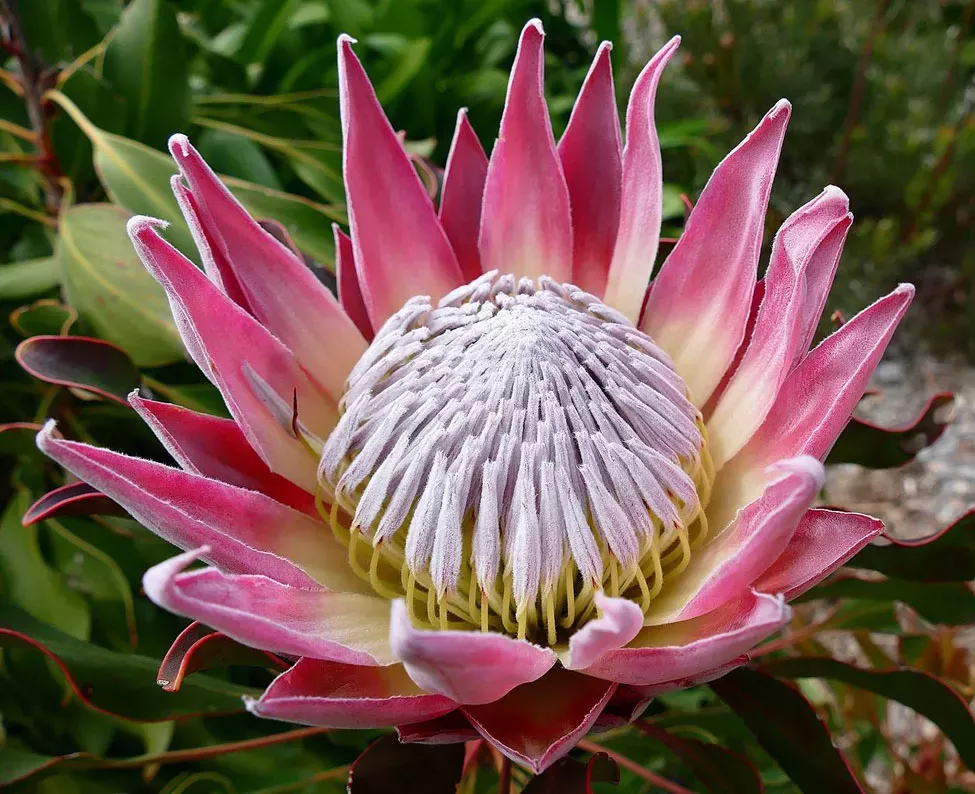
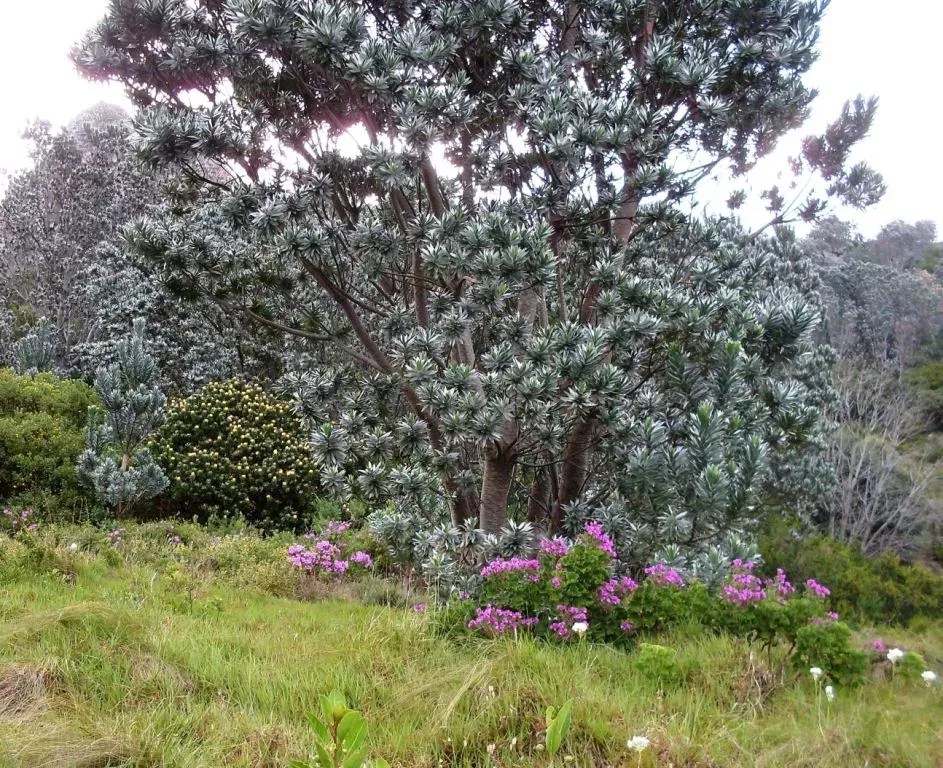
The area, which is part of the Cape Floral Kingdom, is not only hugely important for biodiversity, supporting thousands of endemic species, but vital for Cape Town’s water supply, as water trickles down from the mountains and fills reservoirs.
However, invasive alien plant species continue to be a problem in fynbos and deplete water resources by sucking up the water that passes through.
It’s also a region prone to wildfires and native plants are well adapted, possessing traits that allow them to survive fires and persist in the landscape.
Leucadendron plants play a major role in the ecology of the fynbos but worryingly, 51 species are threatened with extinction, so understanding their germination requirements is imperative to help inform restoration initiatives.
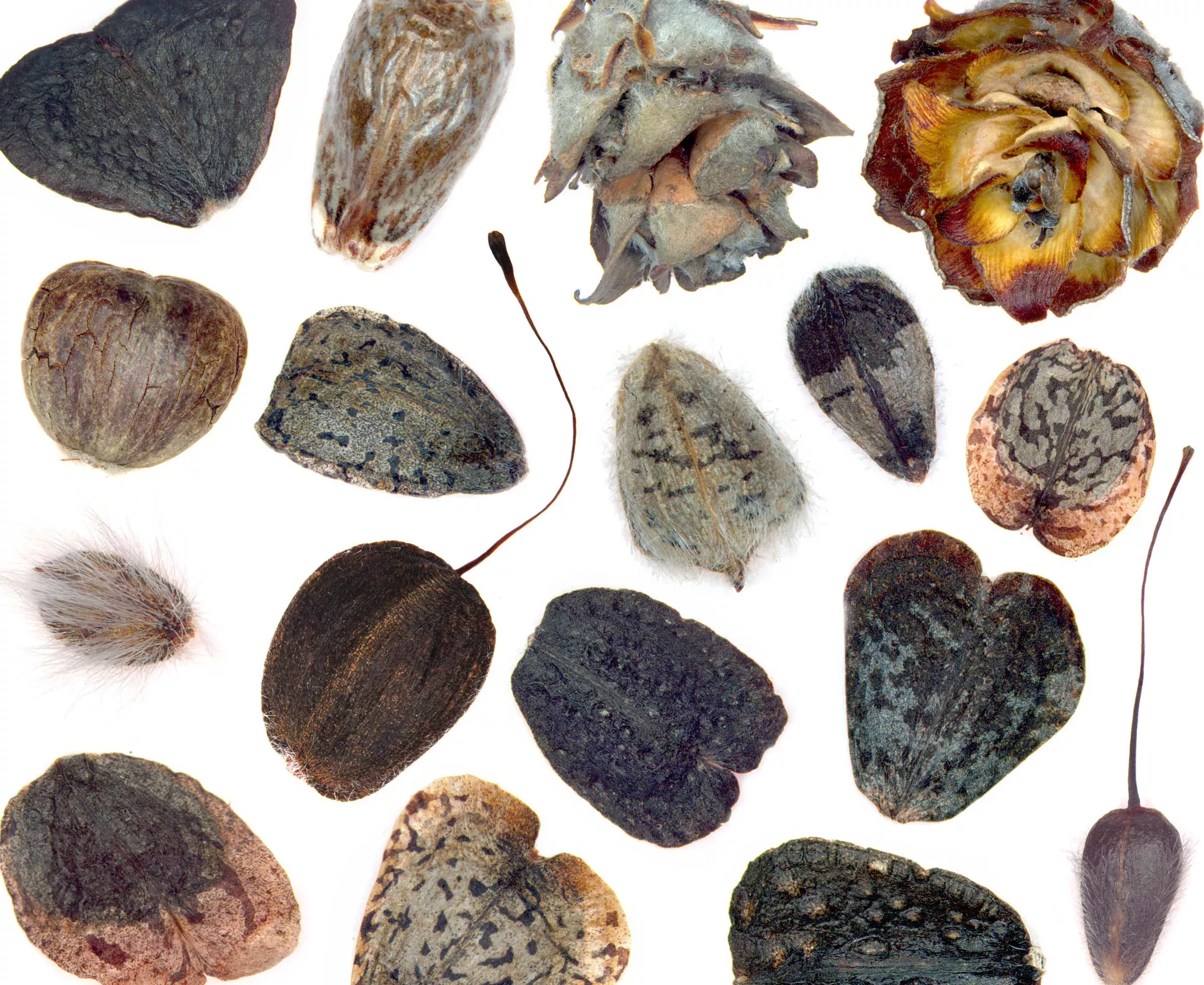
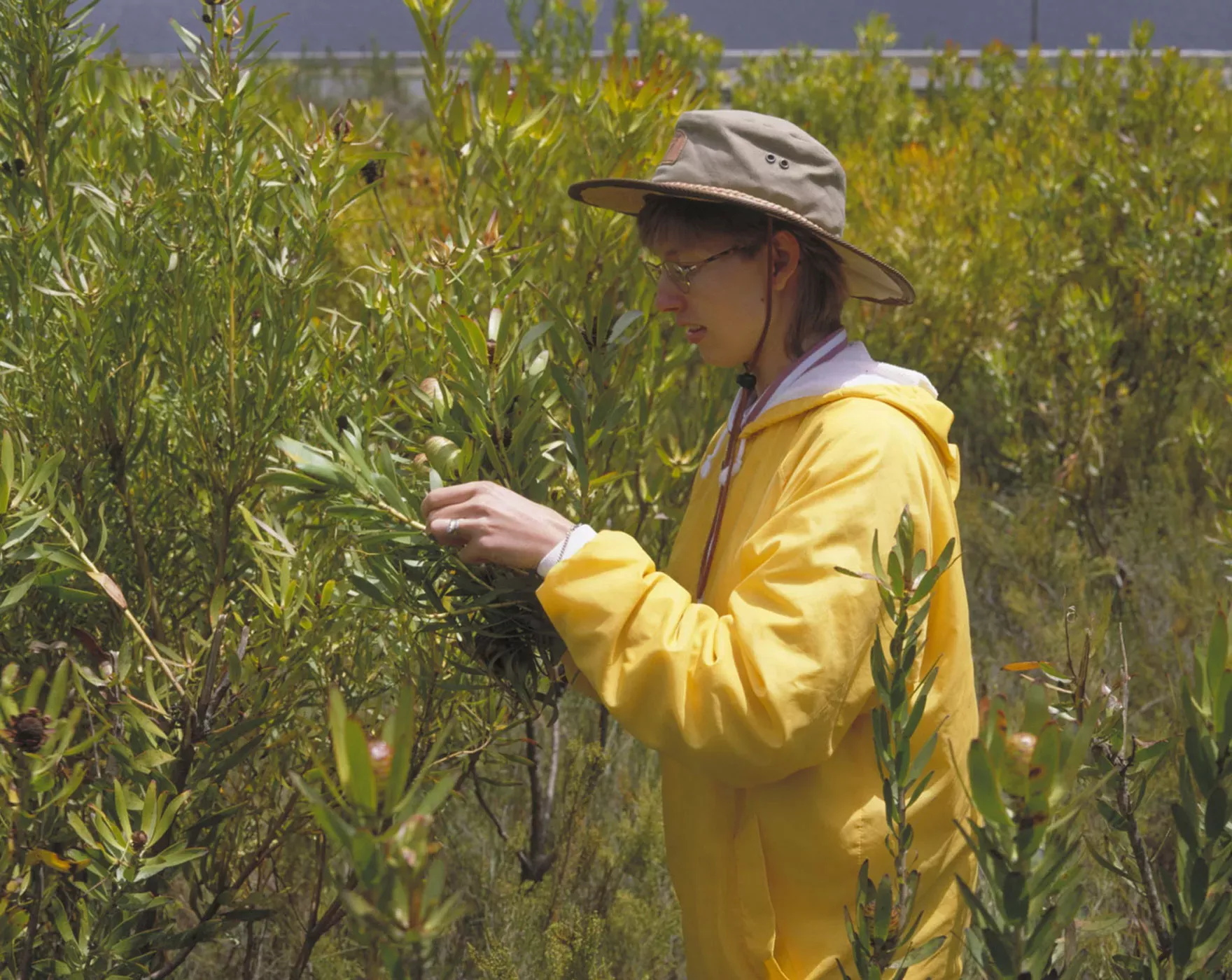
Smoke seeds
We carried out germination tests in the labs at the Millennium Seed Bank, which involved heating seeds to 80°C or exposing them to smoke, before sowing them on agar plates.
Serotinous species, which store their seeds in cones to protect them from being eaten, release these seeds en masse after a fire; these seeds then usually germinate without further help.
Other species release their seeds when ripe and these are stored in the soil for many years until a fire occurs, when they in turn respond to a smoke cue.
Some even germinate in response to both heat from the fire as well as smoke.
From our research we were able to define the 40 species as either ‘fire-independent’, ‘fire-enhanced’ or ‘fire-dependent’ based on their germination responses.
We found that seed storage location (whether plant stores its seeds on the plant or in the soil) and seed morphology provided a good indicator of the germination requirements.
However, there were some surprising exceptions, such as the fire-dependent serotinous Leucadendron linifolium, which required smoke for germination.
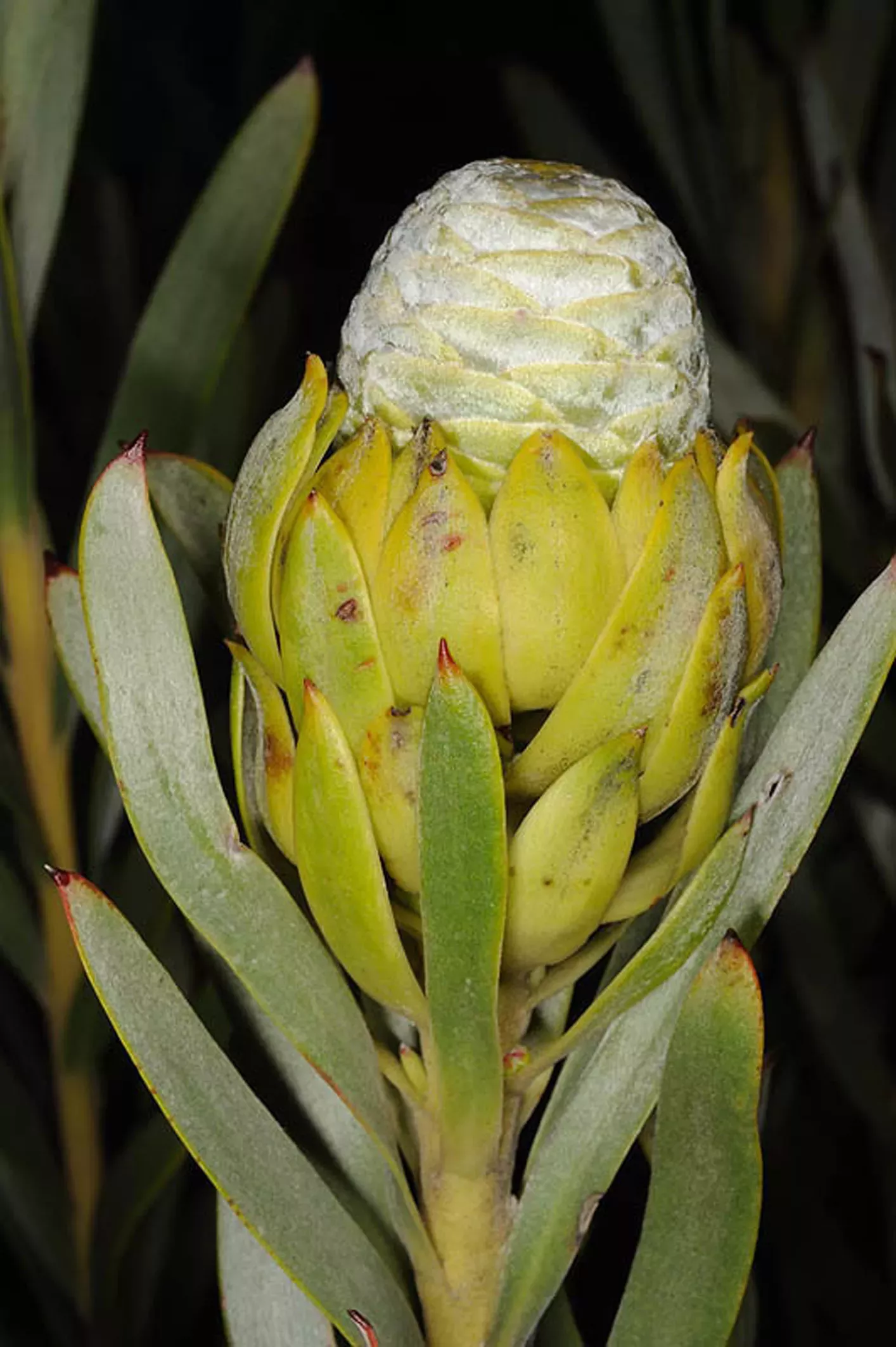
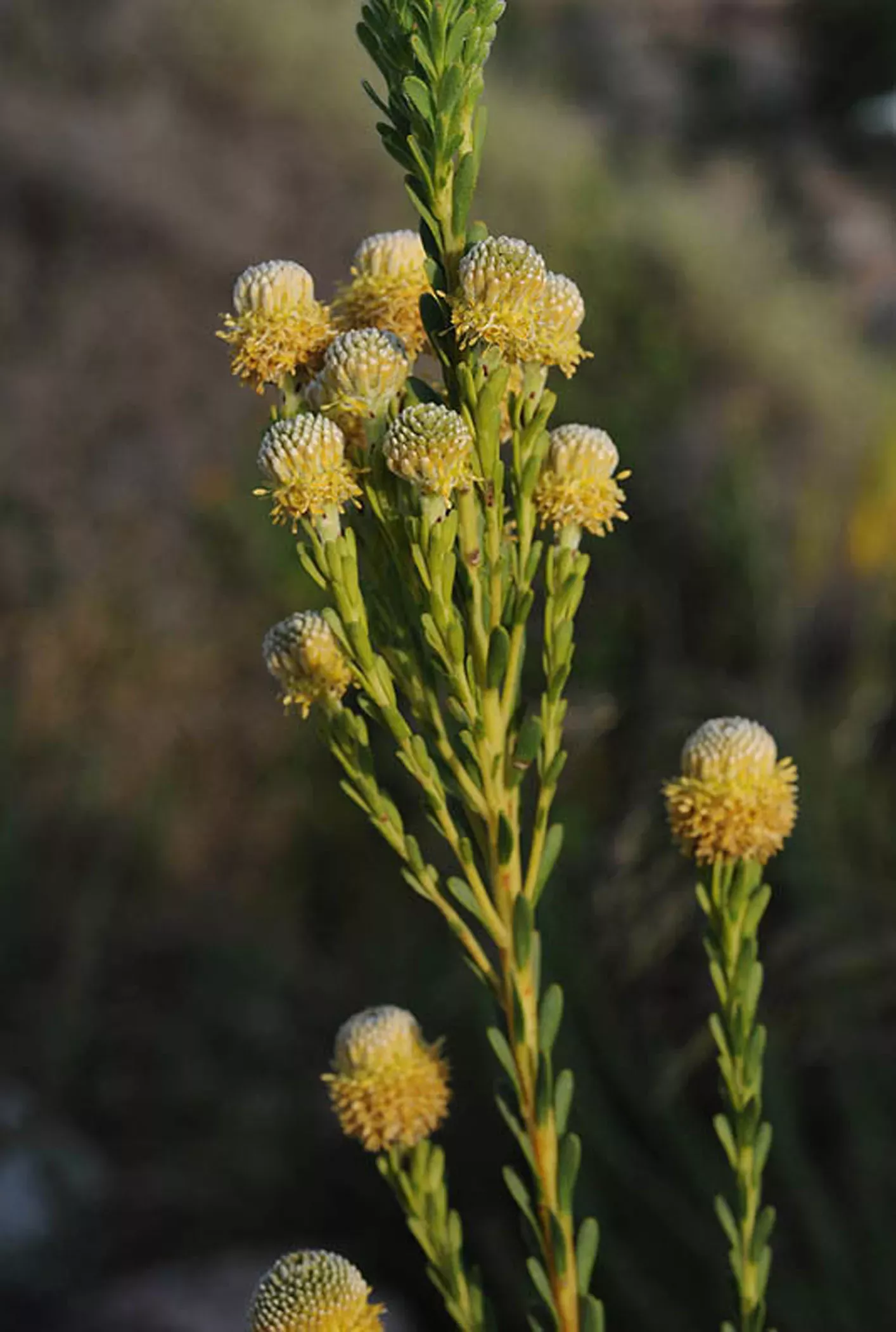
This was the first study that looked specifically at a wide range of Leucadendron species.
The diversity of germination requirements that we saw is remarkable and unknown in any other group of plant and our findings indicate that every species should be tested for its specific requirements.
With urbanisation, invasive plants and more frequent and hotter fires being just some of the threats to this unique ecosystem, we hope that this research will support the future conservation of these species in their native habitats in the Cape, but also help to conserve other fire-prone shrubs and endangered plant species.
Read the paper
Newton, R.J., Mackenzie, B.D.E., Lamont, B.B., Gomez‑Barreiro, P., Cowling, R.M. & He, T. (2021) Fire‑mediated germination syndromes in Leucadendron (Proteaceae) and their functional correlates. Oecologia
Acknowledgements
The research was undertaken as part of a long-standing partnership between Kew’s MSB (Millennium Seed Bank) and SANBI (South African National Biodiversity Institute) using seeds from fynbos plants in the MSB’s collections as well as seeds collected from South Africa specifically for the project.

